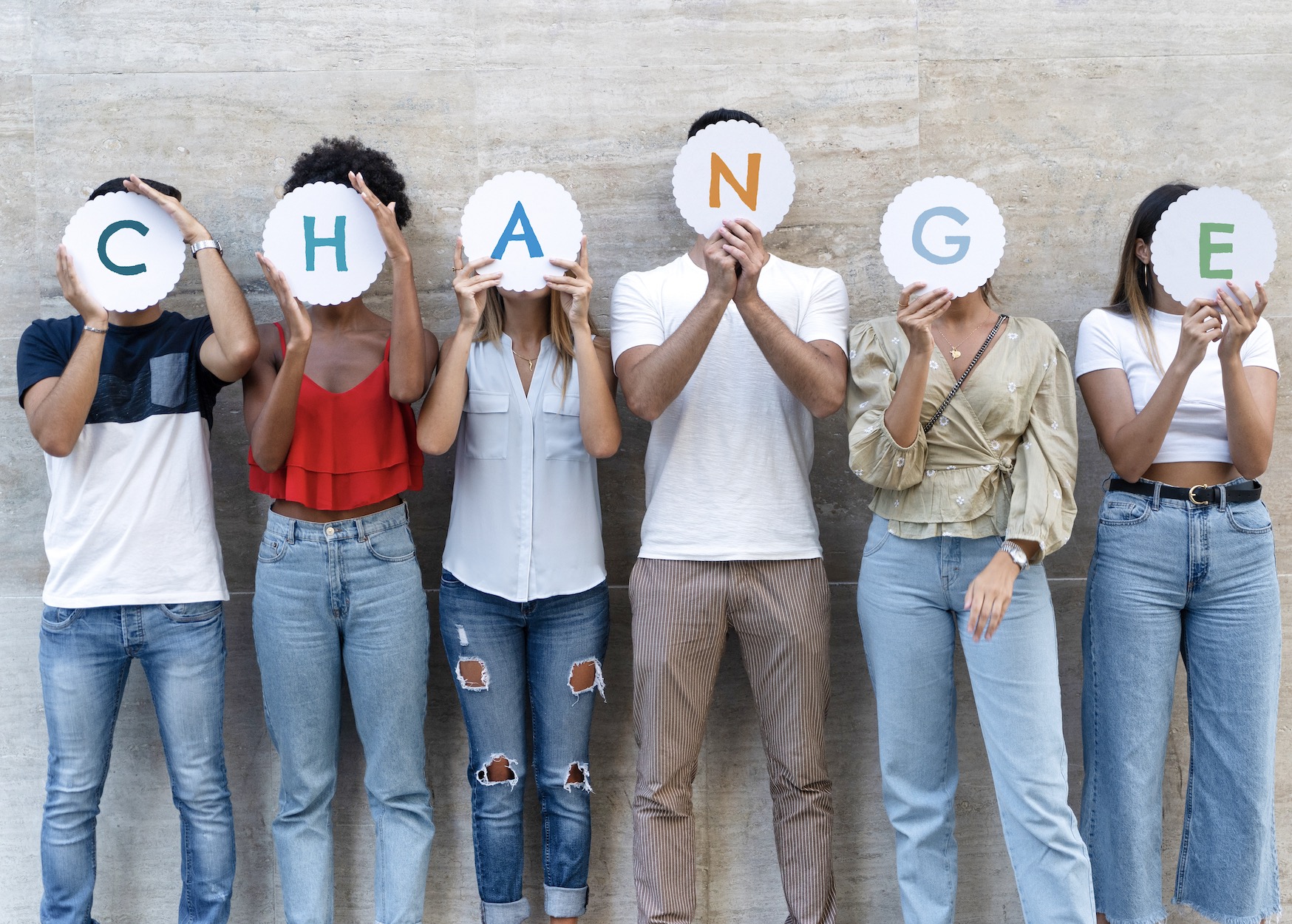In South Africa, where the youth unemployment rate stands at a staggering 55%, educating young people about risky behaviors is not merely beneficial—it’s a...
2024 Projects
Mpumalanga 2024 LO Project
Limpopo 2024 LO Term2 Project
Define the term “Bill of Rights” and state TWO reasons why discriminatory behavior in South Africa continues despite the presence of a Bill of Rights.
A Bill of Rights refers to a set of fundamental rights and freedoms guaranteed to all citizens by the constitution of a country. Discriminatory behavior persists in South Africa despite having a Bill of Rights for a couple of reasons. Firstly, societal attitudes and prejudices can be deeply ingrained and take time to change, even with legal protections in place. Secondly, enforcement and implementation of the Bill of Rights may not always be consistent or effective, leaving gaps where discrimination can still occur.
What is meant by the term “right to freedom of expression” and indicate why it is important for the youth to consider the “limitations” to the right to “freedom of expression” when they exercise this right within their school premises.
The “right to freedom of expression” grants individuals the freedom to express their opinions, ideas, and beliefs without interference or censorship from the government. However, it’s vital for youth to consider the “limitations” to this right within their school premises because certain expressions, like hate speech or bullying, can harm others and disrupt the learning environment. Understanding these limitations helps foster a respectful and inclusive school culture.
Give TWO examples of services provided by municipalities that are meant to ensure “safe and healthy living environments” to communities.
Municipalities provide various services to ensure safe and healthy living environments for communities. Two examples include waste management services, such as garbage collection and disposal, and public health services, such as sanitation and clean water provision.
Indicate why it is important for the youth to always exercise caution when they use social media for communication with virtual friends.
It’s crucial for youth to exercise caution when communicating with virtual friends on social media because online interactions can sometimes be misleading or even dangerous. Sharing personal information or engaging in risky behavior can put them at risk of cyberbullying, harassment, or exploitation.
Mention FOUR negative social effects of human rights violation for communities.
Human rights violations in schools can have numerous negative social effects on communities. These include fostering a culture of fear and mistrust, perpetuating cycles of violence and aggression, undermining social cohesion and solidarity, and hindering the overall development and well-being of individuals.
Explain how human rights violation amongst learners may negatively impact their sense of humanity.
When learners experience human rights violations, it can negatively impact their sense of humanity by desensitizing them to the suffering of others, eroding their empathy and compassion, and fostering a culture of indifference or even hostility towards human rights principles and values.
Suggest ways in which learners could effectively promote the Bill of Rights in order to eliminate discriminatory tendencies in their schools.
Learners can effectively promote the Bill of Rights in their schools by organizing educational campaigns and workshops to raise awareness about human rights and discrimination, fostering a culture of respect and inclusivity through peer mentoring and support networks, advocating for the establishment of anti-discrimination policies and mechanisms within the school, and actively challenging discriminatory attitudes and behaviors through constructive dialogue and advocacy efforts.
State THREE ways in which an unhealthy living environment could negatively affect the quality of life of people living in that environment.
An unhealthy living environment can negatively affect the quality of life in several ways:
- Increased risk of illness and disease due to exposure to pollutants or unsanitary conditions.
- Limited access to basic amenities such as clean water, sanitation, and healthcare services.
- Psychological stress and decreased mental well-being resulting from living in hazardous or overcrowded conditions.
Explain why the youth may seem not able to value a safe and healthy living environment within their communities.
The youth may appear not able to value a safe and healthy living environment within their communities due to various factors, including lack of awareness or education about environmental issues, competing priorities such as academic or social pressures, and disconnection from community concerns due to reliance on technology or urban lifestyles.
Discuss how societal attitudes could make cases of crime more likely to occur within a community.
Societal attitudes can contribute to the likelihood of crime within a community by influencing perceptions of authority, norms around violence and conflict resolution, and levels of social cohesion and trust. Negative attitudes towards law enforcement or marginalized groups, acceptance of violence as a means of resolving disputes, and social disintegration or alienation can all create environments conducive to criminal behavior.
Recommend TWO ways in which water services could sustainably be provided to communities.
Two ways to sustainably provide water services to communities include:
- Implementing water conservation measures such as rainwater harvesting, efficient irrigation systems, and leak detection and repair to reduce water wastage.
- Investing in water infrastructure upgrades and maintenance to ensure reliable and equitable access to clean water, while also promoting public education and awareness campaigns on water conservation and hygiene practices.
Indicate FOUR roles which electronic media could play to advocate for a safe and healthy environment.
Electronic media can play several roles in advocating for a safe and healthy environment, including:
- Raising awareness about environmental issues through news reporting, documentaries, and social media campaigns.
- Providing platforms for experts, activists, and community members to share information, resources, and solutions for environmental challenges.
- Mobilizing public support for environmental causes through online petitions, rallies, and fundraising efforts.
- Holding governments and corporations accountable for their environmental policies and practices through investigative journalism and public scrutiny.
Identify possible dangers that responsible citizens could encounter when using social media to discourage the public from dumping.
Responsible citizens advocating against public dumping on social media may encounter several dangers, including:
- Retaliation or harassment from individuals or groups involved in illegal dumping activities.
- Legal repercussions if accusations or confrontations escalate into defamation or harassment claims.
- Misinformation or backlash from those who disagree with or feel targeted by anti-dumping campaigns.
- Emotional toll from witnessing environmental degradation and the slow pace of change, leading to burnout or disillusionment.
Discuss ways in which online activists could practice good cyber safety to protect themselves against online threats.
Online activists can practice good cyber safety by:
- Using strong, unique passwords and enabling two-factor authentication to secure their accounts from hacking attempts.
- Being cautious about sharing personal information online and avoiding publicizing their exact location or identifiable details.
- Regularly updating security software and being vigilant for phishing scams or malware that could compromise their devices or accounts.
- Engaging in constructive and respectful dialogue, while also setting boundaries and prioritizing self-care to mitigate the impact of online harassment or trolling.
Explain why it is important for online activists to consider the limitations on freedom of expression when posting about unsafe environments.
It is important for online activists to consider the limitations on freedom of expression when posting about unsafe environments to ensure their messages are responsible, accurate, and respectful of legal and ethical boundaries. Failure to do so could lead to unintended consequences such as spreading misinformation, inciting panic or hostility, or facing legal repercussions for defamation or hate speech. By balancing their right to express concerns with a thoughtful consideration of the wider impact, activists can foster more constructive dialogue and advocacy for positive change.




